
OpenCV 3 Computer Vision with Python Cookbook. Leverage the power of OpenCV 3 and Python to build computer vision applications Aleksei Spizhevoi, Aleksandr Rybnikov
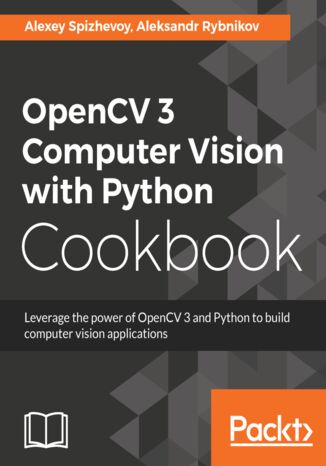



- Autorzy:
- Aleksei Spizhevoi, Aleksandr Rybnikov
- Wydawnictwo:
- Packt Publishing
- Ocena:
- Stron:
- 306
- Dostępne formaty:
-
PDFePubMobi
Opis
książki
:
OpenCV 3 Computer Vision with Python Cookbook. Leverage the power of OpenCV 3 and Python to build computer vision applications
In this book, you will learn how to process an image by manipulating pixels and analyze an image using histograms. Then, we'll show you how to apply image filters to enhance image content and exploit the image geometry in order to relay different views of a pictured scene. We’ll explore techniques to achieve camera calibration and perform a multiple-view analysis.
Later, you’ll work on reconstructing a 3D scene from images, converting low-level pixel information to high-level concepts for applications such as object detection and recognition. You’ll also discover how to process video from files or cameras and how to detect and track moving objects. Finally, you'll get acquainted with recent approaches in deep learning and neural networks.
By the end of the book, you’ll be able to apply your skills in OpenCV to create computer vision applications in various domains.
Wybrane bestsellery
Packt Publishing - inne książki
Dzięki opcji "Druk na żądanie" do sprzedaży wracają tytuły Grupy Helion, które cieszyły sie dużym zainteresowaniem, a których nakład został wyprzedany.
Dla naszych Czytelników wydrukowaliśmy dodatkową pulę egzemplarzy w technice druku cyfrowego.
Co powinieneś wiedzieć o usłudze "Druk na żądanie":
- usługa obejmuje tylko widoczną poniżej listę tytułów, którą na bieżąco aktualizujemy;
- cena książki może być wyższa od początkowej ceny detalicznej, co jest spowodowane kosztami druku cyfrowego (wyższymi niż koszty tradycyjnego druku offsetowego). Obowiązująca cena jest zawsze podawana na stronie WWW książki;
- zawartość książki wraz z dodatkami (płyta CD, DVD) odpowiada jej pierwotnemu wydaniu i jest w pełni komplementarna;
- usługa nie obejmuje książek w kolorze.
Masz pytanie o konkretny tytuł? Napisz do nas: sklep@helion.pl
Książka drukowana





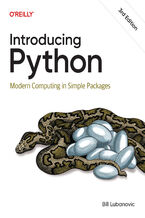


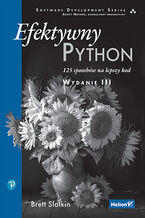
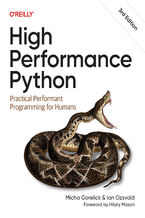
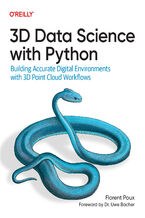

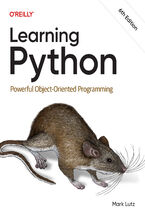






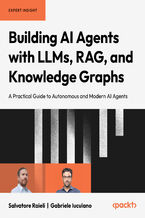
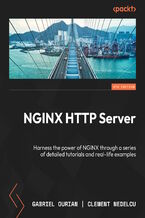
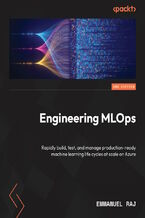
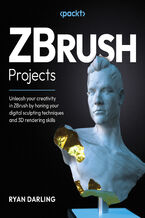
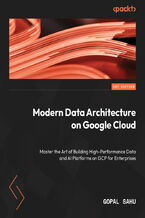
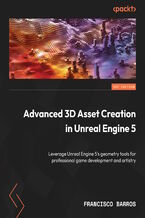
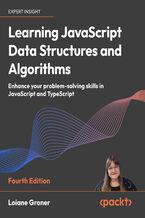
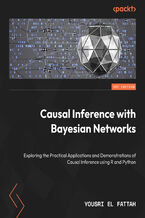
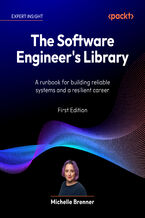
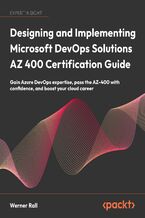



Oceny i opinie klientów: OpenCV 3 Computer Vision with Python Cookbook. Leverage the power of OpenCV 3 and Python to build computer vision applications Aleksei Spizhevoi, Aleksandr Rybnikov
(0)